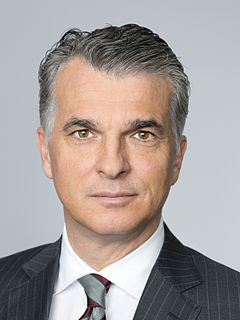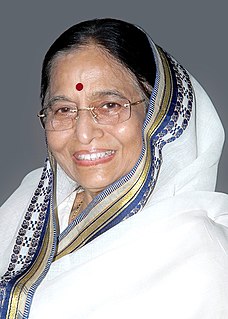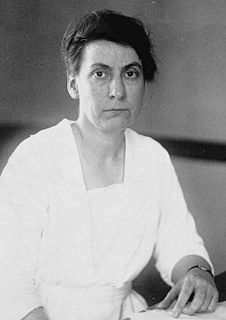A Quote by Manmohan Singh
My top most priority is to deal with India's massive social and economic problems, so that chronic poverty, ignorance and disease can be conquered in a reasonably short period of time.
Related Quotes
The service of India means the service of those teeming millions steeped in poverty, ignorance and disease. To see that in my lifetime we can soften these harsh edges of extreme poverty and unleash a new economic and social revolution which will bring out the latent creativity and entrepreneurial spirit of our people, I think that's what I feel, I think.
Our foremost priority is the removal of poverty, hunger and malnutrition, disease and illiteracy. All social welfare programmes must be implemented efficiently. Agencies involved in the delivery of services should have a strong sense of duty and work in a transparent, corruption-free, time-bound and accountable manner.
The quality of health care in Germany is not as good as people sometimes believe it to be. We have problems with chronic diseases. The German system allows too many hospitals and specialists to treat chronic diseases. We do not have enough volume in many institutions to deliver good quality, and we do have fairly strict separations ... between primary physicians, office specialists and hospital specialists. But I think the quality problems can be solved in the next couple of years, and we have made major progress in diabetes, coronary artery disease and pulmonary disease care.
HIV/AIDS from converted from a lethal disease into a chronic disease because basic scientists' fundamental research was done that illuminated aspects of that virus and allowed the generation of therapies like antiretroviral therapies. And so now HIV/AIDS is not a lethal disease, it is a chronic disease.









































